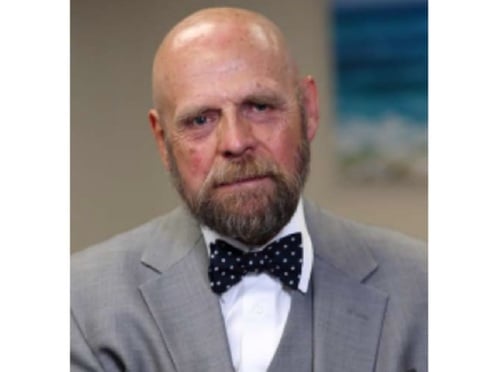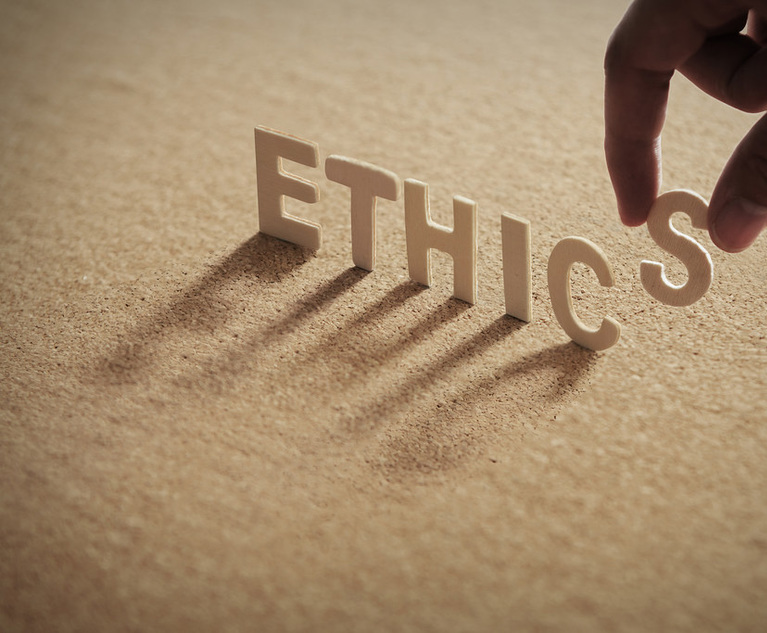We’ve all heard it: “Practice makes perfect!” But, does it really? Does one’s experience in doing a task improve the quality of one’s performance of that task? And if it does so in one context, does it do so in all?
These are important questions for judges and lawyers who struggle in the tarpit of contested custody litigation. Custody evaluators frequently offer opinions, conclusions, and inferences that have little or no support in the accumulated knowledge of the psychology discipline. When challenged, they typically defend their position by asserting, in the most authoritative tone that their overworked vocal chords can muster, that their “many years of clinical experience” have honed their “clinical judgment” to such an intellectually elegant level that their say-so should be adequate authority for their proclamations. Ipse dixit, anyone?
This content has been archived. It is available through our partners, LexisNexis® and Bloomberg Law.
To view this content, please continue to their sites.
Not a Lexis Subscriber?
Subscribe Now
Not a Bloomberg Law Subscriber?
Subscribe Now
LexisNexis® and Bloomberg Law are third party online distributors of the broad collection of current and archived versions of ALM's legal news publications. LexisNexis® and Bloomberg Law customers are able to access and use ALM's content, including content from the National Law Journal, The American Lawyer, Legaltech News, The New York Law Journal, and Corporate Counsel, as well as other sources of legal information.
For questions call 1-877-256-2472 or contact us at [email protected]


 Timothy M. Tippins
Timothy M. Tippins




